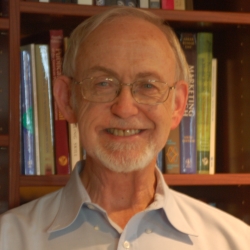In the trainings I deliver I have frequently been asked “what is the link between rage and shame?” Participants and myself have intuitively known that there is a strong relationship between them both. As a consequence I have been inspired to research the issue and have developed a model that articulates the connection between the two, and also a deeper understanding of how the therapeutic relationship can address these commonly presented, often perplexing, issues.
In this online interview I discuss a practice example of how a client may oscillate between rage and shame, the impact that this had on me as a therapist and how I worked with it.
Read More










